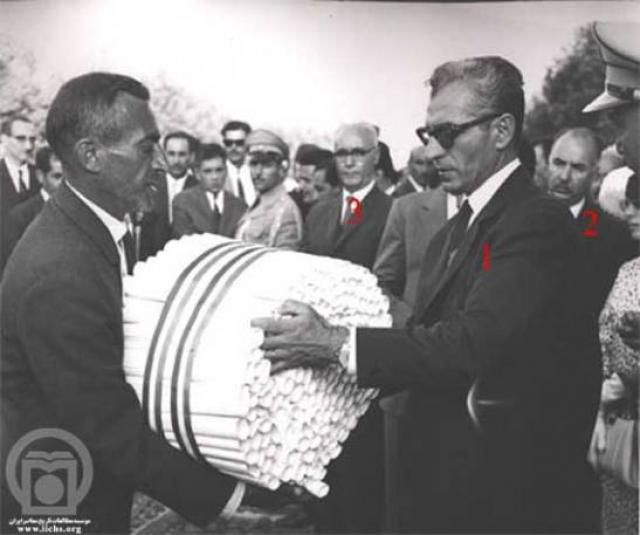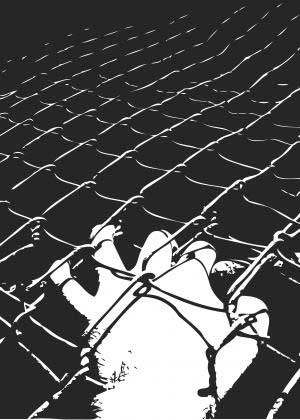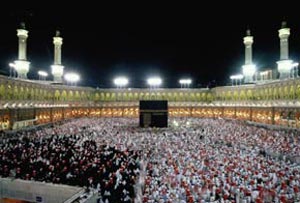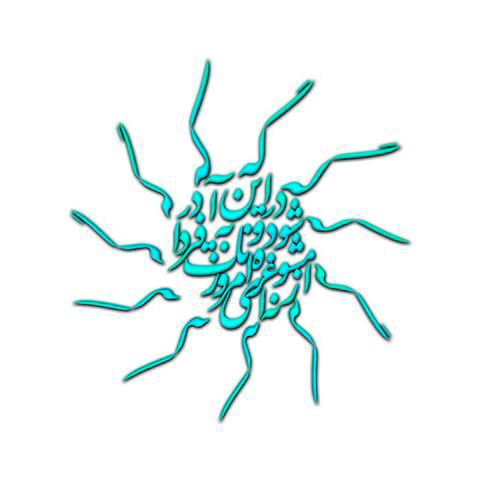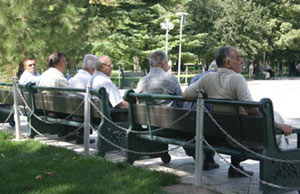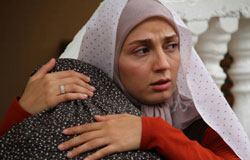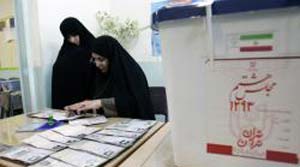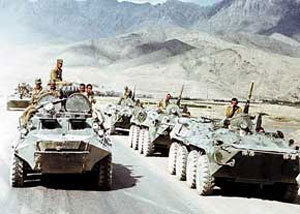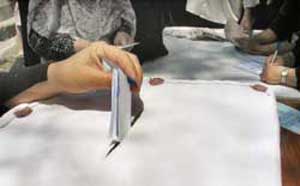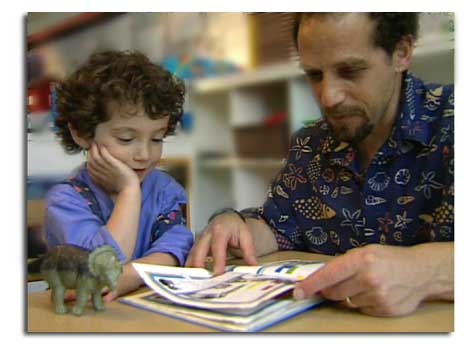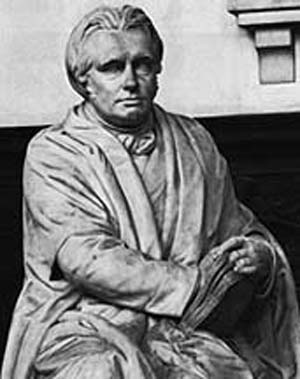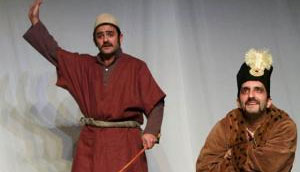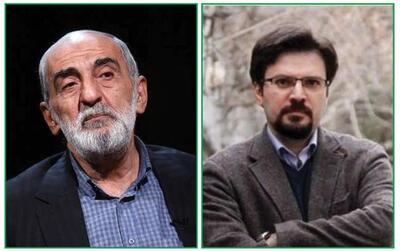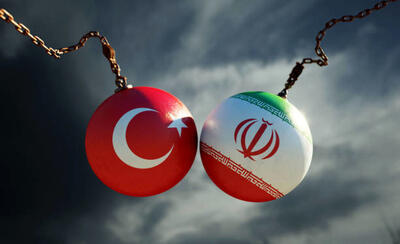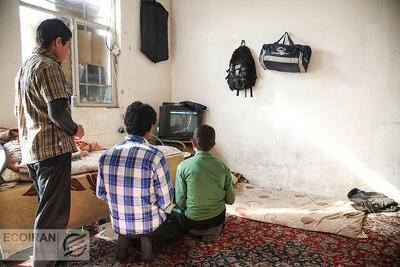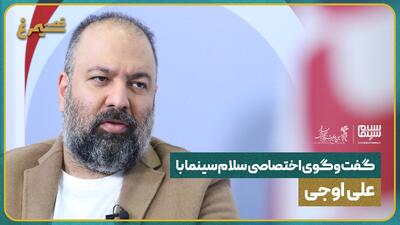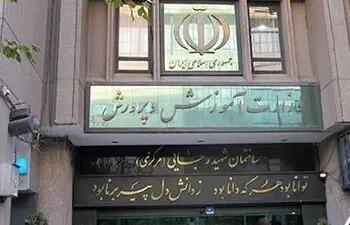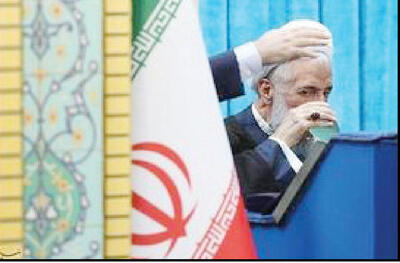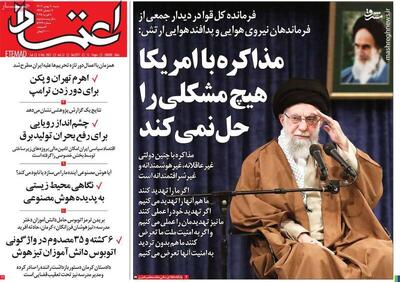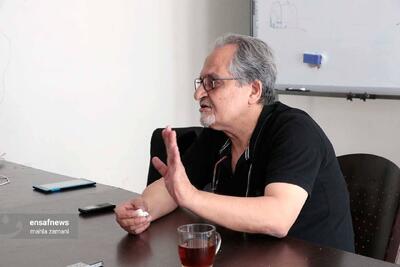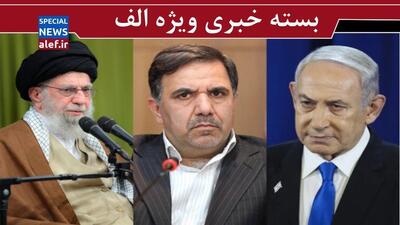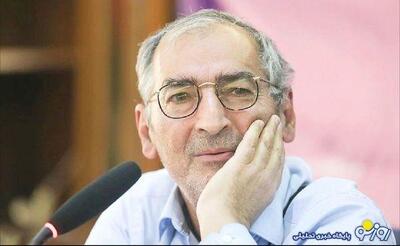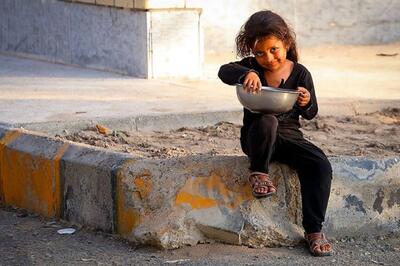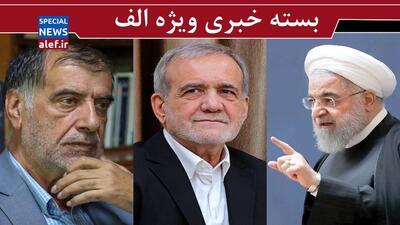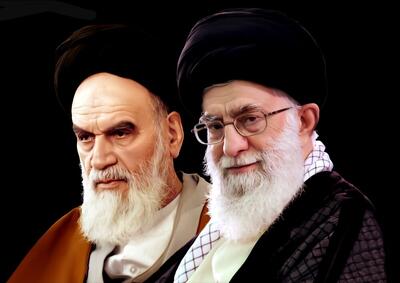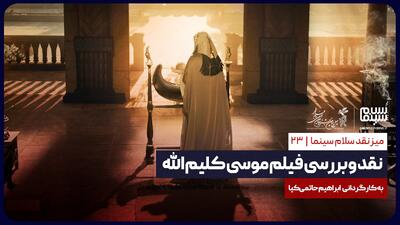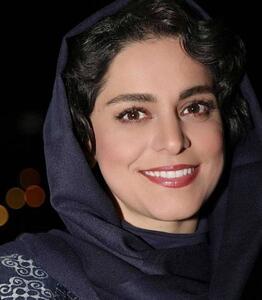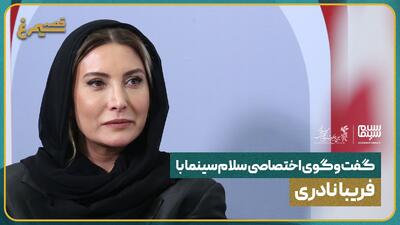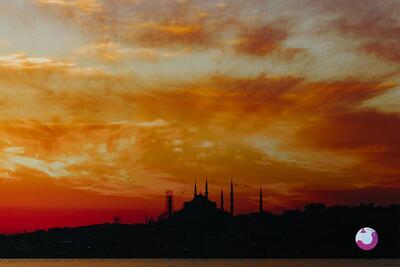دوشنبه, ۲۲ بهمن, ۱۴۰۳ / 10 February, 2025
ایران، جامعۀ کوتاه مدت
مسیر ترجمه: انگلیی -فارسی
ایران برخلاف جامعۀ دراز مدت اروپا جامعه ای کوتاه مدت بوده است. دراین جامعه تغییرات -حتی تغییرات مهم و بنیادین – اغلب عمری کوتاه داشته است. این بی تردید نتیجهی فقدان یک چهارچوب استوار و خدشه ناپذیر قانونی است که می توانست تداومی درازمدت را تضمین کند. در دوره های کوتاه مدت حضور طبقات لشکری، دیوانی و مالک چیزی نمایان بود. اما ترکیب این طبقات بیش از یک یا دو نسل دوام نمی آورد، برخلاف اریستوکراسی سنتی اروپا یا حتی طبقۀ بازرگان این جوامع در ایران مالکیت و موقعیت اجتماعی عمری کوتاه داشت، دقیقا بدان سبب که این امتیازات چیزی شخصی شناخته می شد و در شمار حقوق اجتماعی موروثی و نقض ناشدنی نبود. موقعیت صاحبان رتبه وثروت –جز در مواردی معدود- حاصل توارثی درازمدت (مثلا بیشتر از دو نسل قبل) نبود و اینان انتظار نداشتند که وارثان شان بنا برحقی بدیهی در این موقعیت باقی بمانند. این وارثان تنها درصورتی بر آن جایگاه باقی می ماندند که می توانستند شایستگی خود را به اثبات برسانند و این شایستگی چیزی نبود مگر خصائلی شخصی که برای موفقیت در فلان عرصۀ اجتماعی ضروری شمرده می شد. بدین سان دراین جامعه تحرک اجتماعی بسیار بود تا حدی که در تاریخ قرون وسطی و تاریخ جدید اروپا اصولا قابل تصور نبود. حتی جایگاه شاه هم دراین میان مستثنی نبود، زیرا مشروعیت وحق جانشینی کم و بیش همواره درمعرض چالش هایی جدی وحتی شورش قرار داشت.
Iran was a short-term society in contrast to Europe’s long-term society. It was a society in which change - even important and fundamental change - tended to be a short-term phenomenon. And this was precisely due to the absence of an established and inviolable legal framework which would guarantee long term continuity. Over any short period of time, there could be notable military, administrative and property-owning classes, but their composition would not remain the same beyond one or two generations, unlike traditional European aristocracies, even merchant classes. In Iran, property and social positions were short term, precisely because they were regarded as personal privileges rather than inherited and inviolable social rights. The situation of those who possessed rank and property - except in very rare examples - was not the result of long-term inheritance (say, beyond two generations before) and they did not expect their heirs to continue in the same positions as a matter of course. The heirs could do so only if they managed to establish themselves on their own merits - merits being the personal traits necessary for success within the given social context. There thus was a high degree of social mobility, unthinkable in medieval and much of the modern European history. This did not exclude the position of the shah himself, since legitimacy and the right of succession were nearly always subject to serious challenge, even rebellion.
محمد علی همایون کاتوزیان، 1391، ایران، جامعه کوتاه مدت و 3 مقاله دیگر، عبدالله کوثری، تهران، نی، صص 10-9
ایران مسعود پزشکیان دولت چهاردهم پزشکیان مجلس شورای اسلامی محمدرضا عارف دولت مجلس کابینه دولت چهاردهم اسماعیل هنیه کابینه پزشکیان محمدجواد ظریف
پیاده روی اربعین تهران عراق پلیس تصادف هواشناسی شهرداری تهران سرقت بازنشستگان قتل آموزش و پرورش دستگیری
ایران خودرو خودرو وام قیمت طلا قیمت دلار قیمت خودرو بانک مرکزی برق بازار خودرو بورس بازار سرمایه قیمت سکه
میراث فرهنگی میدان آزادی سینما رهبر انقلاب بیتا فرهی وزارت فرهنگ و ارشاد اسلامی سینمای ایران تلویزیون کتاب تئاتر موسیقی
وزارت علوم تحقیقات و فناوری آزمون
رژیم صهیونیستی غزه روسیه حماس آمریکا فلسطین جنگ غزه اوکراین حزب الله لبنان دونالد ترامپ طوفان الاقصی ترکیه
پرسپولیس فوتبال ذوب آهن لیگ برتر استقلال لیگ برتر ایران المپیک المپیک 2024 پاریس رئال مادرید لیگ برتر فوتبال ایران مهدی تاج باشگاه پرسپولیس
هوش مصنوعی فناوری سامسونگ ایلان ماسک گوگل تلگرام گوشی ستار هاشمی مریخ روزنامه
فشار خون آلزایمر رژیم غذایی مغز دیابت چاقی افسردگی سلامت پوست







